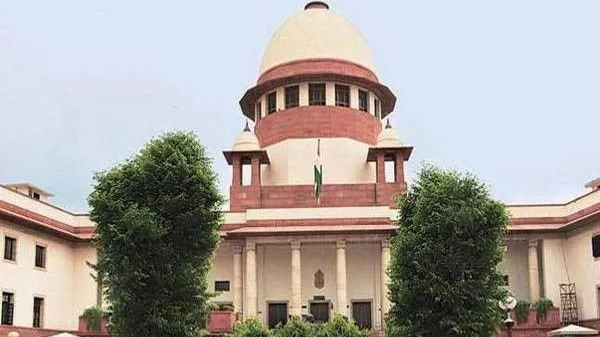The Supreme Court on Wednesday refused to admit petitions seeking probe into the tractor rally violence in Delhi on Republic Day asking the petitioners to take their representations to the government instead, reports ANI.
“The Supreme court has allowed petitioners to file representation before the government,” reports ANI.
Also Read | Delhi Police announce Rs 1 lakh reward for information on Deep Sidhu, other accused in Republic Day violence
The top court was hearing a bunch of pleas pertaining to the violence during farmers’ tractor rally in Delhi on Republic Day.
The more than 2-month long farmers’ protest had been peaceful till January 26. On Republic Day violence broke out during the tractor rally as protesters deviated from a pre-decided path and clashed with police at central Delhi’s ITO and Red Fort areas.
Several policemen were injured in the clashes and a farmer died in an accident at ITO. On Wednesday, the Delhi Police announced cash rewards on any information that would lead to the arrest of the main accused, including actor-activist Deep Sidhu.
Also Read | ‘We stand in solidarity’: Greta Thunberg extends support for farmers’ protests
Among the petitions filed in the top court, one by advocate Vishal Tiwari had sought that the incident be investigated by a three-member inquiry commission under the chairmanship of a former apex court judge and comprising two retired high court judges.
Another petition, by advocate Manohar Lal Sharma, had sought a direction to the concerned authority as well as the media not to declare farmers as “terrorists” without any evidence. This too was rejected.
Thousands of farmers, mainly from Punjab, Haryana and western Uttar Pradesh, are protesting at various border points of Delhi against the three laws — the Farmers’ Produce Trade and Commerce (Promotion and Facilitation) Act, the Essential Commodities (Amendment) Act, and the Farmers (Empowerment and Protection) Agreement on Price Assurance and Farm Services Act.
The protesters call these laws anti-farmer and allege that they will lead to corporatisation of agriculture.







